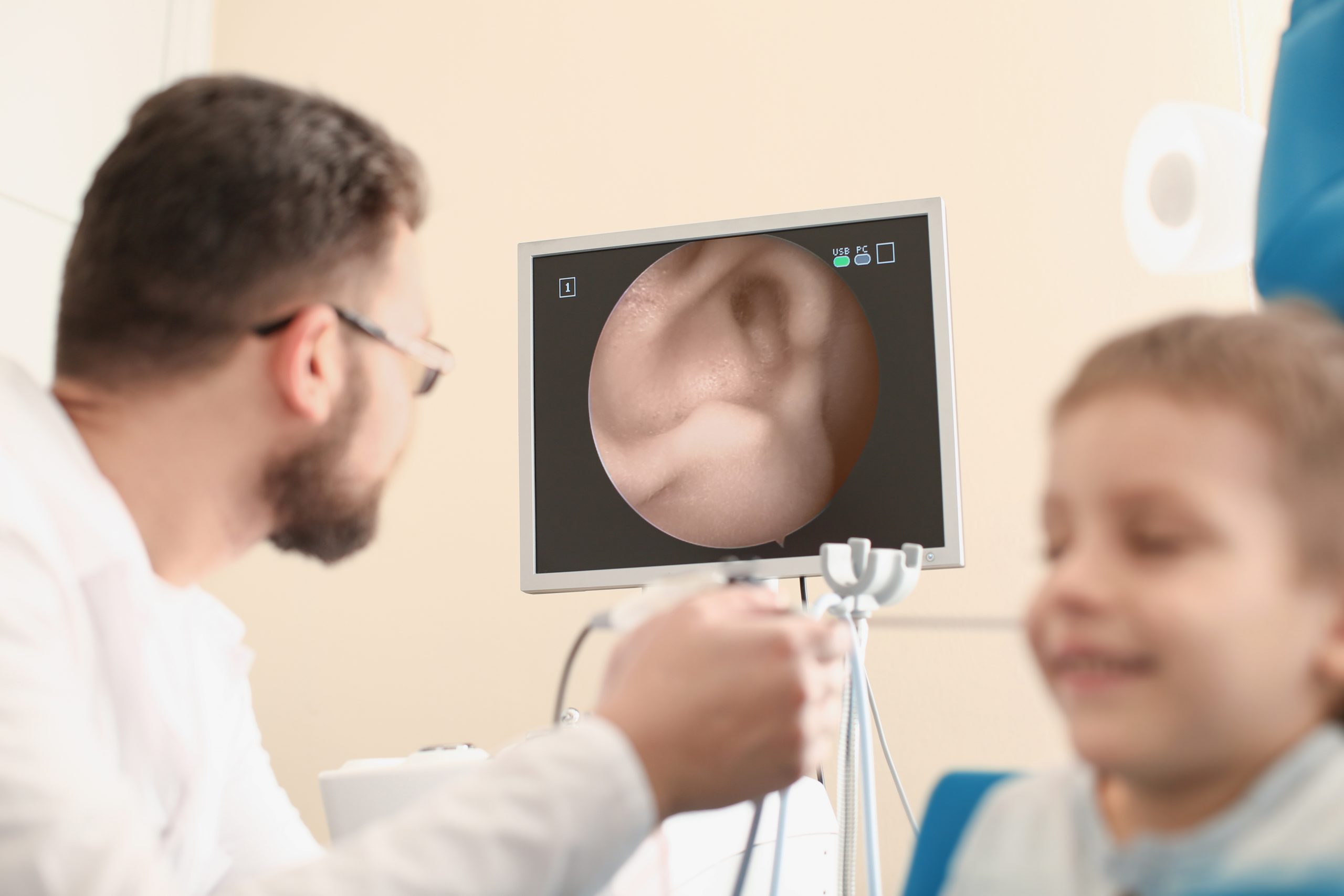Hearing health is an essential aspect of overall well-being, and certain vitamins and minerals play a vital role in promoting optimal auditory function. While hearing loss can be caused by various factors, incorporating a balanced diet rich in specific nutrients can support the health of your ears and potentially reduce the risk of hearing problems. In this article, we will explore the role of vitamins and minerals in promoting hearing health and provide insights into how you can nurture your ears for better hearing.
- Vitamin A:
Vitamin A is crucial for maintaining the health of the delicate tissues in the inner ear. It plays a vital role in the production of the pigment rhodopsin, which is necessary for proper vision and hearing. Vitamin A also supports the function of the cochlea, the auditory portion of the inner ear responsible for transmitting sound signals to the brain. Good food sources of vitamin A include carrots, sweet potatoes, spinach, and liver.
- Vitamin C:
Vitamin C is an antioxidant that helps protect the delicate structures of the inner ear from oxidative stress and damage caused by free radicals. It supports the production of collagen, a protein that forms the structural framework of the inner ear. Adequate intake of vitamin C promotes healthy blood circulation to the ear and supports the delivery of essential nutrients. Citrus fruits, berries, bell peppers, and broccoli are excellent sources of vitamin C.
- Vitamin E:
Vitamin E is another powerful antioxidant that helps protect the cells in the inner ear from oxidative damage. It helps maintain healthy blood vessels and supports proper circulation to the ear. Vitamin E also plays a role in nerve function and can help preserve auditory nerve health. Good sources of vitamin E include nuts, seeds, spinach, and vegetable oils.
- Magnesium:
Magnesium is a mineral that plays a vital role in maintaining healthy hair cells in the inner ear, which are responsible for converting sound vibrations into electrical signals. It helps regulate the flow of potassium, an essential mineral for proper hearing function, into and out of the hair cells. Adequate magnesium levels can help protect against noise-induced hearing loss. Foods rich in magnesium include green leafy vegetables, nuts, seeds, and whole grains.
- Zinc:
Zinc is a mineral that supports the immune system and has a protective effect on the inner ear. It plays a role in the metabolism of proteins and DNA repair processes, which are important for maintaining healthy ear tissues. Zinc also helps regulate the levels of certain enzymes involved in the auditory system. Oysters, beef, poultry, beans, and fortified cereals are good sources of zinc.
- Omega-3 Fatty Acids:
Omega-3 fatty acids are essential fats that have anti-inflammatory properties and support overall cardiovascular health. Research suggests that omega-3 fatty acids may also play a role in promoting hearing health by reducing inflammation and protecting the blood vessels in the inner ear. Good sources of omega-3 fatty acids include fatty fish (such as salmon, mackerel, and sardines), walnuts, flaxseeds, and chia seeds.
- B Vitamins:
Several B vitamins, including B12, folate (B9), and B6, are important for maintaining proper nerve function and supporting the central auditory system. Deficiencies in these vitamins have been associated with hearing loss and tinnitus (ringing in the ears). Good sources of B vitamins include fish, poultry, eggs, dairy products, leafy greens, legumes, and fortified cereals.
While vitamins and minerals play a crucial role in promoting hearing health, it’s important to note that a well-rounded and balanced diet, along with other healthy lifestyle habits, is key to overall well-being. Additionally, it’s












